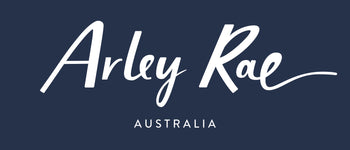Incentive driven conservation
Feb 22, 2025
Crocodile farming in the Northern territory is a huge driver of economic and social development and Arley Rae is proud to support local industry that contributes to jobs, infrastructure and possibly quite surprisingly, the conservation of the saltwater crocodile in Northern Australia.
To tell the story we have to go back to 1971. At this point in time there was turmoil, the hunting of crocodiles was encouraged and eradication had for many years been perceived the solution to the problem by the general public. However times were changing, the ecosystem importance of crocodiles was being recognised and the crocodile hunters lobbied the government to do something to save the iconic species.
Initial assessments were dire, of the few thousand animals remaining in the wild it was believed only 500 of these were breeding adults and these were scattered across the inhospitable, vast terrain of Northern Australia. A profitable black market remained for crocodile products influencing a decision to open the very first crocodile farm in 1979.
As the crocodile population grew, so did the human and livestock populations of the NT, again putting strain on our relationship with the crocodile. to encourage landowners to maintain a healthy ecosystem The concept we now refer to as "incentive driven conservation" came into being- by allowing a restricted harvest of wild saltwater crocodiles (predominantly egg collection) our crocodiles have purpose and their wetland habitat is left pristine and mostly untouched by modern society.

Saltwater crocodiles once again inhabit their full historical range in the NT. Crocodile habitat is pristine wetlands with thriving ecosystems- habitat threatened by modern society. Research suggests that the crocodile eggs collected from these areas would most likely have drowned in the wet season floods or been trampled by livestock should we remove the incentive to protect. 70% of eggs harvested through these schemes come from Aboriginal lands. Successful 'on country' enterprises hatch and sell crocodiles to Darwin crocodile farm, putting profits back into exactly where you want them to go, local country. Darwin crocodile farm additionally help train, mentor and upskill the on-country employees providing further social and financial benefits.

The economic value of crocodile farming to the NT is estimated at $54.3 million dollars annually, there are around 270 direct jobs in the NT crocodile industry and the crocodile industry as a whole in the NT is estimated to make an annual economic contribution of $106 million.

Territorians have not only found a successful way to co-exist with arguably the worlds deadliest predator but we have found a way to promote and protect the species for future generations. The Arley Rae team are proud to tell our story and celebrate the origins and history of our iconic product.



